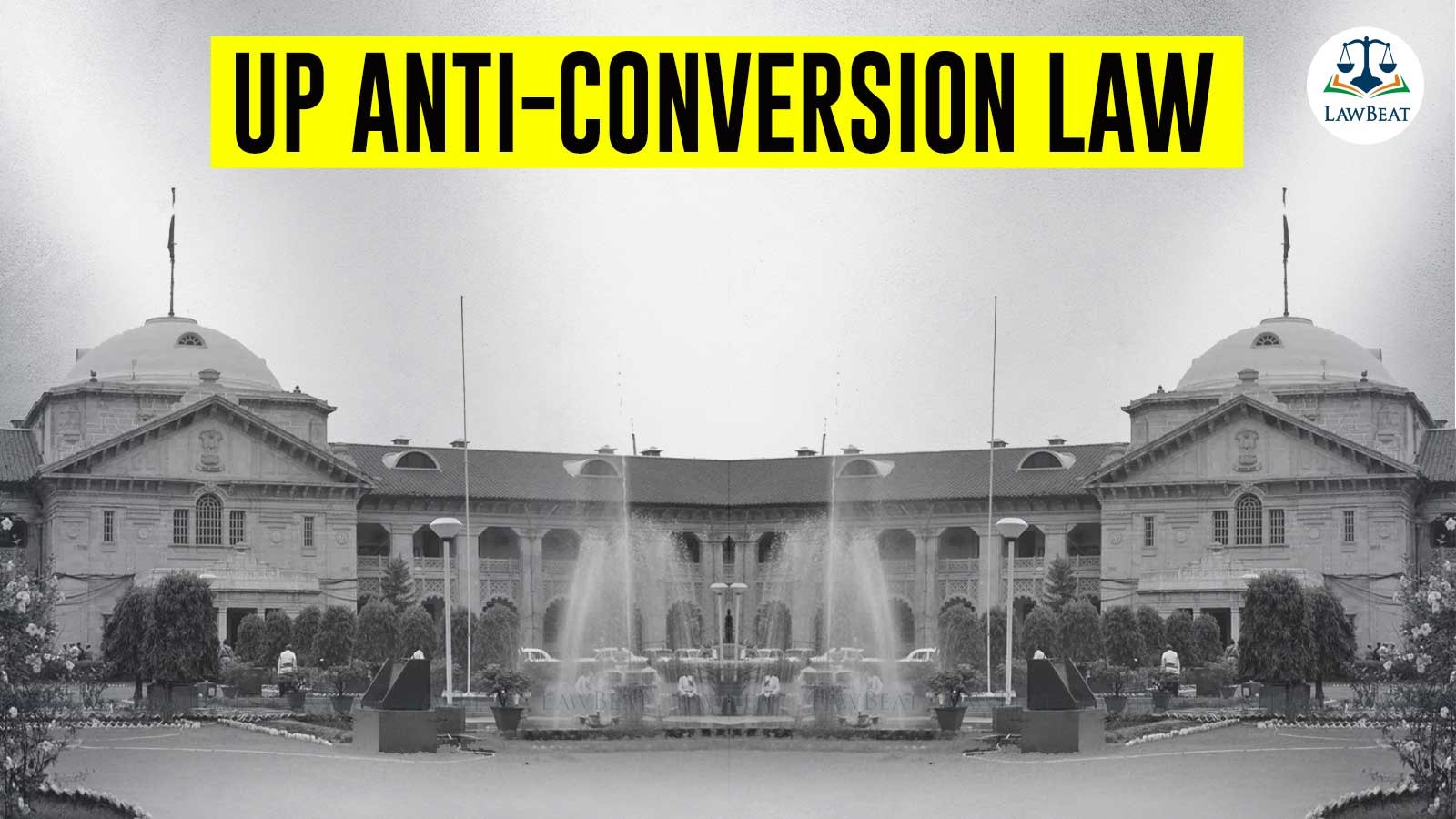UP Anti-Conversion Law Applicable to Live-in Relationships: Allahabad High Court

Explanation to Section 3(1) of the Act makes it clear that conversion is not only required for the purpose of marriage but for all relations like a marriage, court said
The Allahabad High Court has recently observed that the Uttar Pradesh Prohibition of Unlawful Conversion of Religion Act, 2021 (the Act) applies not only to interreligious marriages but also to the relationships in the nature of marriage i.e. live-in relationships.
Justice Renu Agarwal, while dealing with a writ petition filed by a Hindu-Muslim couple who had a marriage as per the rituals of Arya Samaj, referred to Explanation to Section 3(1) of the Act and said,
"Explanation goes to show that conversion is not only required for the purpose of marriage, but it is also required in all relationships in the nature of marriage, therefore, the Conversion Act applies to relationships in the nature of marriage or live-in relationships."
The judge emphasised that the courts have the power to interpret the provisions of law if there is ambiguity in the provisions of law. However, she clarified, that the Act explicitly mandates that conversion is required not only in cases of inter-caste marriages but relationships like a marriage.
The couple filed a writ petition under Article 226 of the Constitution seeking direction to the state authorities as well as their family member not to harass/torture/illegally arrest them.
The counsel for the petitioner-couple argued that both of them were adults and loved each other. He also placed on record a marriage certificate issued by Arya Samaj to the petitioner-couple proving their marriage.
Moreover, he apprised the court that the petitioner-couple had applied on-line for registration of their marriage before the competent authority, which was pending.
On the other hand, the counsel for the government argued that although the petitioners belonged to different religions, they had not applied for conversion of their religion, as per sections 8 & 9 of the Act.
He contended that a Muslim woman cannot solemnize her marriage with a Hindu man as per the rituals of Arya Samaj, under Hindu Marriage Act.
The court noted that the Act has made it mandatory for interfaith couples to seek conversion according to the provisions of the Act and in the case at hand, none of the petitioners had moved an application for conversion of religion in accordance with Section 8 and 9 of the Act.
"...hence, the relationship of petitioners cannot be protected in contraventions of the provisions of law," court held.
Further, court referred to the Apex Court's rulings regarding a live-in relationship that the couple must be of legal age to marry and qualified to enter into a legal marriage and they must be akin to spouse for a significant period of time.
Court pointed out that no proof of joint account, financial security, joint property or joint expenditure was produced before it by the petitioner-couple.
Therefore, the high court held that "it was not desirable that relationship of the petitioners be protected in contravention of the statutory provisions of law passed by legislature" and accordingly, it dismissed their petition.
Case Title: X & Y v. State Of Up And 3 Others
